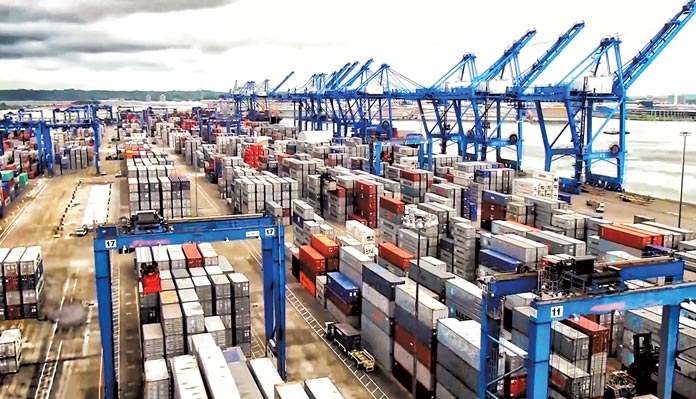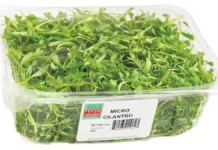
If you run a restaurant or commercial kitchen, the good news is your dining patrons are coming back — and, many times, in record numbers. The bad news is, every call you make looking for food, equipment, or supplies is a disappointment; distributors seem to be sold out of many items.
We at Imperial Dade are on the other side of that phone call, and we feel and share that frustration first-hand. We’ve built a business and reputation on being able to fill the needs of our customers and the latest of the COVID-19 fallout has been challenging. To get to the source of this frustration facing us all, I’ve spoken with one of our market segment experts, Oliver Munoz, to see if we can help sort this out.
I started by asking him about the impact of labor shortages with manufacturers, which of course we know all about on the restaurant and foodservice operating side. He told me that “Factory shutdowns caused by Covid as well as major storms like the Texas freeze this past winter are key drivers of today’s supply shortages. However, the market had some major shifts in demand in 2020 that production was not prepared to handle. Examples include laptop sales up 100% from 2019 to 2020, vehicle sales down 15% from 2019 to 2020, and then a shift back to the need for more vehicles in 2021. Additionally, government stimulus and unemployment subsidies also hurt several sectors including factories that were unable to get the labor required for production.”
A labor shortage in freight and transportation also created a backlog globally. Then the bottleneck of transportation and shipping ports and terminals backed up. Labor shortages continued at the manufacturing level to the point that production had to be cut. A snowball effect in each turn of events created ballooning circumstances that continue to be very difficult to overcome.
What I found really interesting was how the growth of technology has impacted demands for goods. “With technology at the consumer’s fingertips, the big wheel that is manufacturing just cannot respond quickly enough to meet the demands of customers,” Oliver told me. I agree and I don’t see that changing, because look at everything we all buy online today and expect next or same day delivery.
I moved on to ask him about the warehouse issues that we keep hearing about. “These warehouse issues have caused a domino effect in the global supply chain,” Oliver explained. “For example, factories produce several containers worth of products, but warehouses become crowded with products that cannot be shipped out without the necessary shipping containers. Additionally, ports are also experiencing unprecedented congestion. During the third quarter, 40 ocean cargo ships were waiting off the shore of Los Angeles and Long Beach every day.”
Oliver knew where I was going with the conversation. Our Imperial Dade sales and support teams work every day with our restaurant owners, so I asked him the proverbial $64,000 question: what are the consequences of supply chain problems for restaurant owners?
“Food operators have had to get creative,” Oliver told me. “With regards to food containers, many customers are looking for anything that has the fit, form, and function to put food in. Operators are having to change merchandising strategies to fit with what packaging is available for them to use. Fortunately, Imperial Dade does have product options available and we can recommend alternatives when your preferred packaging is out of stock. We will help you find a solution to get you through this situation.”
Unfortunately, it’s more than just food packaging that’s run into supply issues. Many other products have also experienced shortages, varying from month to month, from appliances to furniture.
I asked Oliver to elaborate. “The product in demand and the pain point seems to change each month. If we generalize, it would be all single-use packaging products since these are in much higher demand due to the pandemic. However, right now, more specifically: party platters of every size, especially going into the holidays, single-use drink cups, tamper-evident containers, tamper-evident bowls, and lower volume niche products are being stopped temporarily by manufacturers in order to fill gaps with commodity items,” he said.
For the many owners and operators with anxiety about the future of supply chains, I asked Oliver to offer some expertise and advice. “Hang tight; production will come back. Be patient. Understand that manufacturing and transportation hold the cards right now. The future is as uncertain for your competitors as it is for you; we’re all in the same boat. Be flexible and use what products are available for the time being.”
We are here to help and listen and thankfully we have professionals like Oliver to guide us through this.























